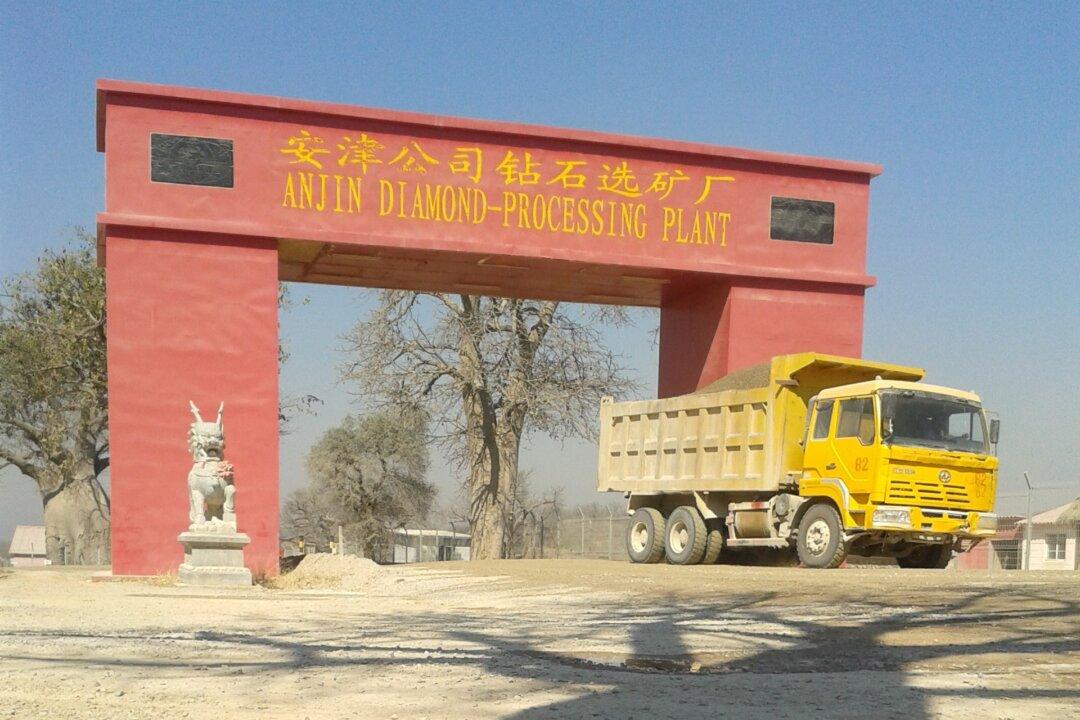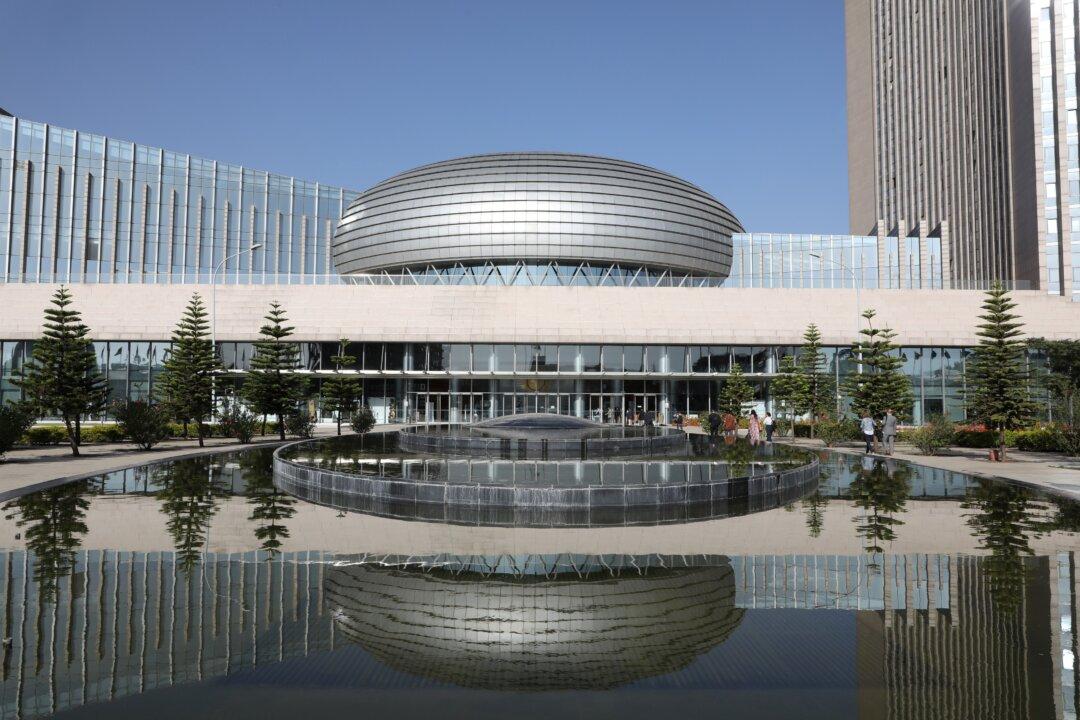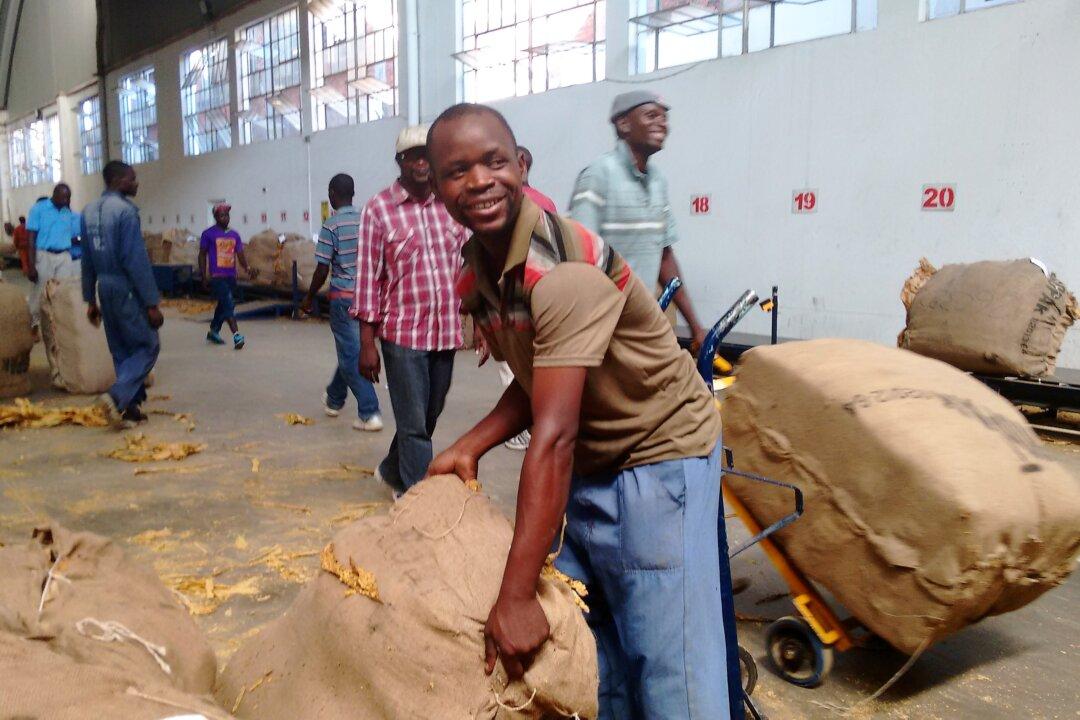MUTARE, Zimbabwe—Anjin Investments, a diamond company partly owned by the Chinese, is set to return to the mines in the Marange diamond fields of eastern Zimbabwe, but its return is generating anxiety among local villagers and human-rights activists.
Before Anjin was booted out of the Marange diamond fields by former Zimbabwe President Robert Mugabe’s government in 2015, villagers and activists had accused the company of various human-rights violations and evading payment of taxes and royalties.





